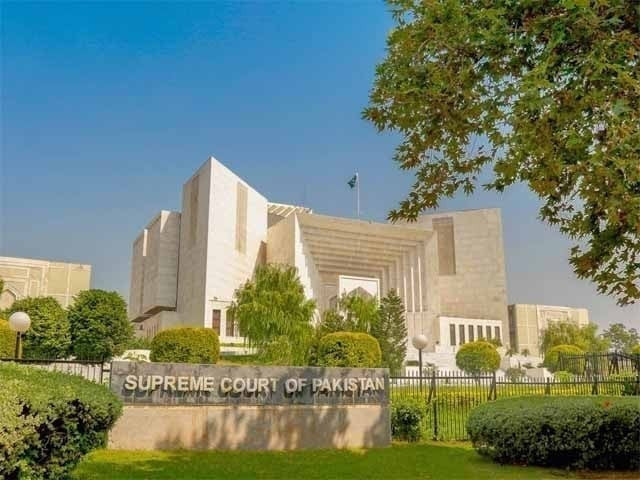SC elaborates rules about bail denial
Says right to be released on bail is not only a statutory right but also stands on constitutional guarantees

The apex court has ruled that bail relief in a criminal case can only be denied if the prosecution proves with clear evidence that the accused or his counsel was actively trying to delay the trial through unnecessary adjournments or irrelevant applications.
"The statutory right to be released on bail under the third proviso to Section 497 CrPC [Code of Criminal Procedure] is not merely a statutory right but also stands firmly on constitutional guarantees under Article 4, 9 and 10A of the Constitution.
“Under the said articles the accused, like any other citizen, enjoys the protection of law and to be treated in accordance with law; the accused cannot be deprived of liberty, except in accordance with law.
“In determination of any criminal charge against him the accused shall be entitled to a fair trial and due process,” said a four-page order authored by Justice Syed Mansoor Ali Shah.
Justice Shah was part of a bench which granted post arrest bail to an accused, who had been behind bar since May 26, 2020 on charges under Section 11 of the Prevention of Electronic Crimes Act (PECA), 2016 read with sections 295-B, 298-C, 120-B, 34 and 109 of the Pakistan Penal Code (PPC).
The petitioner allegedly disseminated blasphemous content to the complainant through WhatsApp/SMS.
The Federal Investigation Agency (FIA) during a raid also recovered blasphemous material from his residence. The Lahore High Court (LHC) on September 7, 2021 stayed the trial court proceedings.
While the matter is still pending in the LHC, the accused moved the SC for bail.
The SC noted that an accused enjoys a presumption of innocence in his favour and understandably cannot be subjected to an indefinite pre-trial detention and therefore cannot be denied bail under the third proviso to section 497(1), CrPC.
“[A bail cannot be denied] unless there is convincing material that the delay has been occasioned by the act or omission of the accused himself or if his case falls under any of the exceptions under the fourth proviso to section 497 CrPC,” it said.
Read: Supreme Court clears path for election
The order said that a high court enjoys the authority to order stay or suspend the proceedings in a criminal trial, in a deserving case.
However, it is equally important that such an exercise of authority is carried out with caution and circumspection, ensuring expeditious disposal of the case after the grant of injunctive relief.
“[A] high court should not lose sight of the case where it has exercised its extraordinary power of staying or suspending the proceeding of a criminal trial but should make it a point of finally disposing of such proceedings as early as possible.
"Public interest necessitates that the administration of justice is improved for sustaining the faith of a common man in rule of law and justice delivery system, which are closely and inextricably linked.”
The copy of the order has also been dispatched to the LHC registrar to be placed before the high court’s chief justice for improving the administration of criminal justice in such matters.
The order said for an accused to be denied statutory bail, it must be demonstrated that his act or omission was intentionally aimed at prolonging the trial.
"It must show a deliberate pattern of seeking adjournments without valid reasons during key hearings such as the examination or cross-examination of prosecution witnesses. Mere counting the number of adjournment requests alone is not enough to justify withholding bail.”
It said the application of the third proviso to Section 497(1) of the CrPC when interpreted in the light of Articles 9 and 10A of the Constitution, broadens and enhances the rights of an accused who is presumed innocent during trial.
“Prosecution must present clear evidence that the accused or his counsel was actively trying to delay the trial through unnecessary adjournments or irrelevant applications, in order to justify denying bail.
“As already held by this court, the act or omission on the part of the accused to delay the timely conclusion of the trial must be an outcome of a concerted and consistent effort of the accused orchestrated to delay the trial,” it added.



















COMMENTS
Comments are moderated and generally will be posted if they are on-topic and not abusive.
For more information, please see our Comments FAQ